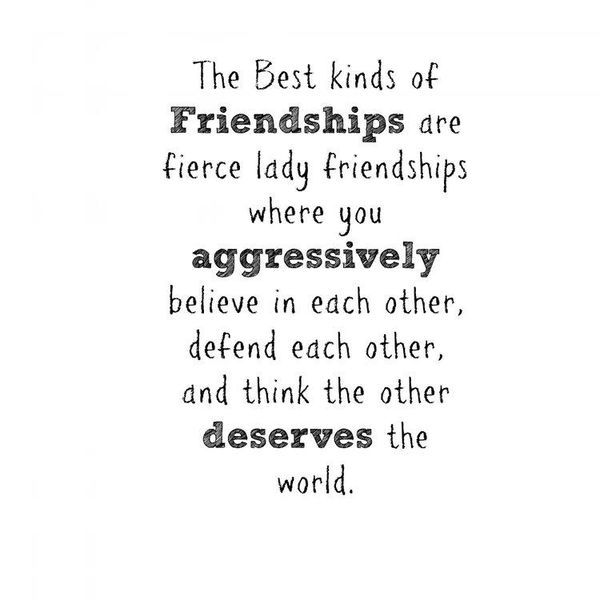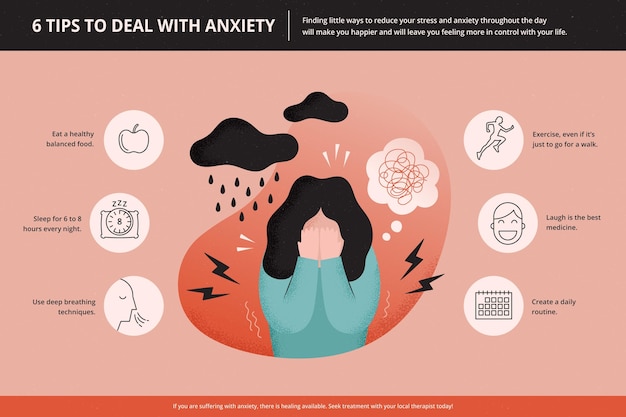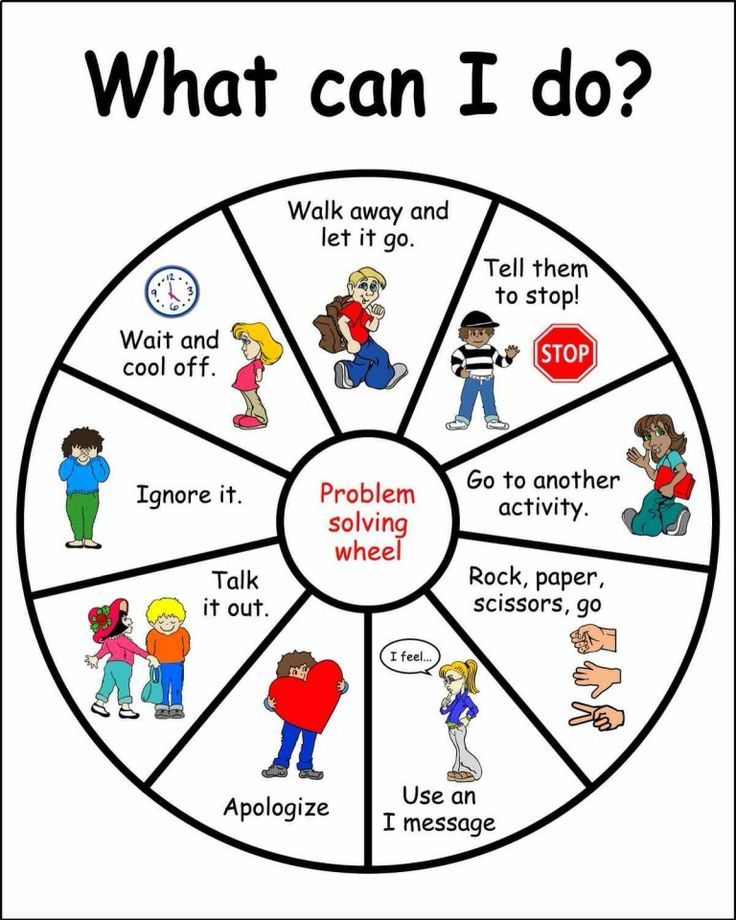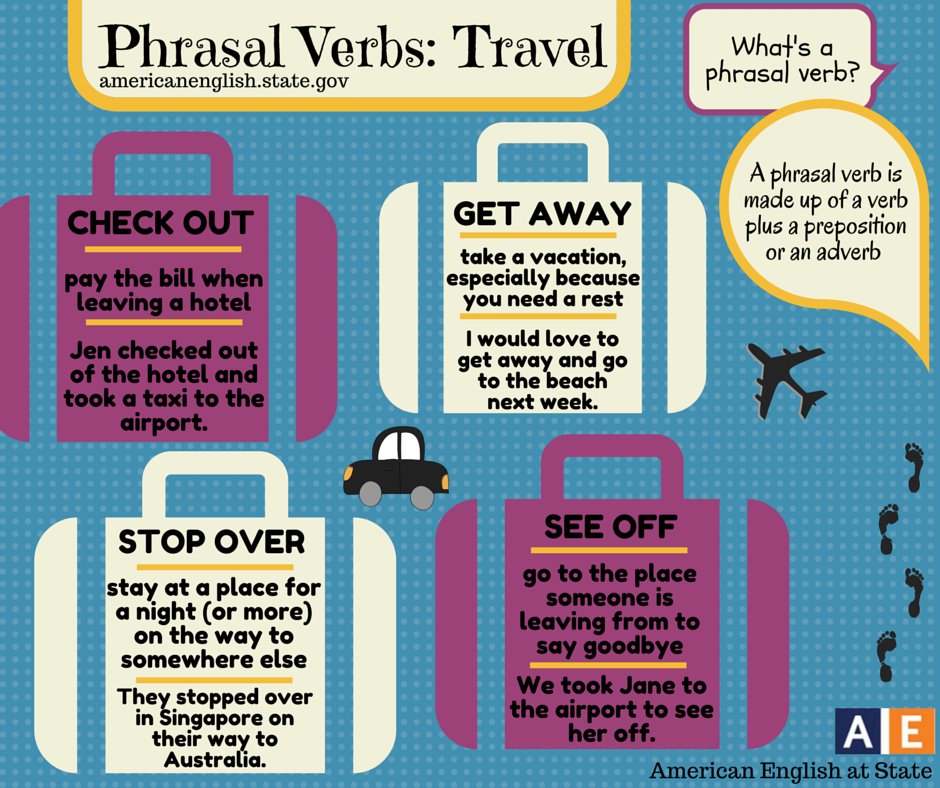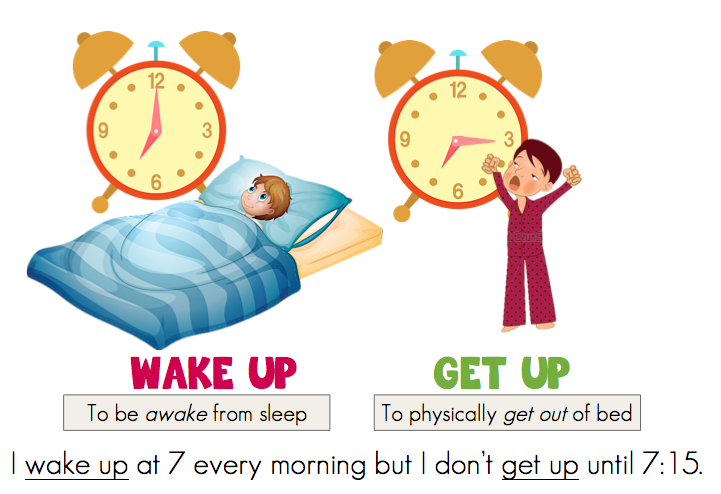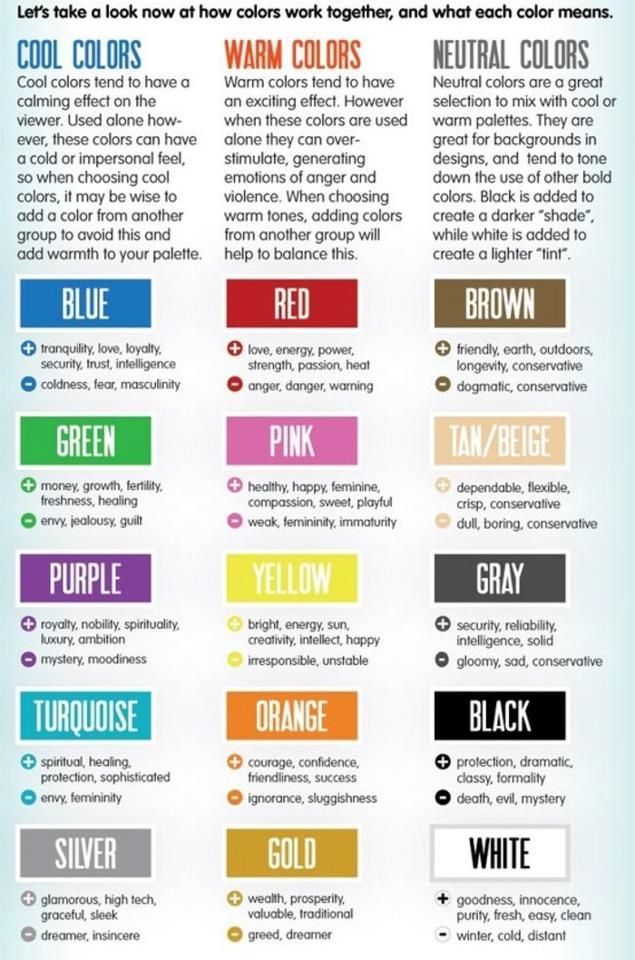Kinds of friendship
4 Types Of Friendships You'll Have Throughout Your Life
Making different types of friends can be fun and exciting. Friendships can also boost your mental well-being.
Sometimes you meet someone new and just know you’re going to be close friends. Other times, it takes longer to get to know someone until you (or they) feel comfortable enough to put your walls down. But once you find your people, life generally tends to feel a little fuller.
Friendships, how they happen, and how intense they are will vary for everybody. Perhaps you’re still close with your childhood friends or feel happiest when in large, diverse groups.
You might feel fulfilled with just a handful of deep friendships, or maybe you’re a social butterfly whose calendar is never empty.
Whatever friendship style feels right for you, there are several benefits that you could experience as a result of these connections.
While the different types of friends vary, Lena Suarez-Angelino, a licensed clinical social worker and empowerment coach based in New Jersey, likes to think of friendships in four groups:
- acquaintances
- social friends
- intimate friends
- the epitome of friends
Acquaintances
“You can have friends that are more like acquaintances that you only stay in contact with because they are from work or another mutual interest gathering,” explains Suarez-Angelino, “outside of that, you probably wouldn’t say more than three words to one another. ”
Perks of having acquaintances include:
- networking potential
- low-expectation conversation
- reduced social anxiety
Social friends
“You have social friends intended to be more light-hearted and only truly good to have fun with at social gatherings,” starts Suarez-Angelino, “but you refrain from sharing too intimately or deeply with them.”
Perks of having social friends include:
- being a part of a community
- widening your circle of friends
- easy, low-pressure dialogue
Intimate friends
Intimate friends are the ones that are always your go-to for advice. These are people you can share or celebrate good news with and rely on. “These friends are insightful and helpful in your support,” says Suarez-Angelino.
Perks of having intimate friends include:
- deeper connections
- encouragement
- help and fun you can depend on
The epitome of friends
Finally, you’ve got the epitome of friends. “These are friends that can have both the fun and silly good times while also being there for one another during the darkest of times,” shares Suarez-Angelino. “These friendships are a beautiful dance and elevate one another’s well-being.”
“These are friends that can have both the fun and silly good times while also being there for one another during the darkest of times,” shares Suarez-Angelino. “These friendships are a beautiful dance and elevate one another’s well-being.”
Perks of having the epitome of friends include:
- freedom to truly be yourself
- stable, judgment-free support
- mutual love and loyalty
Don’t have friends in each category? That’s alright. Some friends might fall into more than one category, or some categories may remain empty.
“There may be reasons from your past that make trusting challenging, and you may choose not to have any close friends that know intimate details of your life,” says Suarez-Angelino. “You may only reserve that for family or a therapist, and that’s okay!”
“We’re wired to connect with others, so platonic connections are fulfilling,” explains Juliet Lam Kuehnle, a national board certified counselor in Charlotte, North Carolina. “They improve our sense of self and allow us to feel affirmed, connected, and like we belong.”
“They improve our sense of self and allow us to feel affirmed, connected, and like we belong.”
To identify if a friend or connection is good for you, consider reflecting on how you feel after spending time with them. Do you feel:
- natural or like you’re pretending
- connected or disconnected
- drained or energized
- excited or frustrated
What “good for you” means in friendship can vary from person to person. But some characteristics of a healthy, solid friendship are universal.
“A healthy friendship is one that has authentic emotional expression, appropriate boundaries, assertive communication, shared values, and a give and take,” says Kuehnle.
Of course, this doesn’t mean disagreements or dissonance won’t happen occasionally. But according to Kuehnle, in a healthy friendship, there’s an attempt to repair, compromise, and understand the other person.
Friendships have various benefits, including being good for your mental health.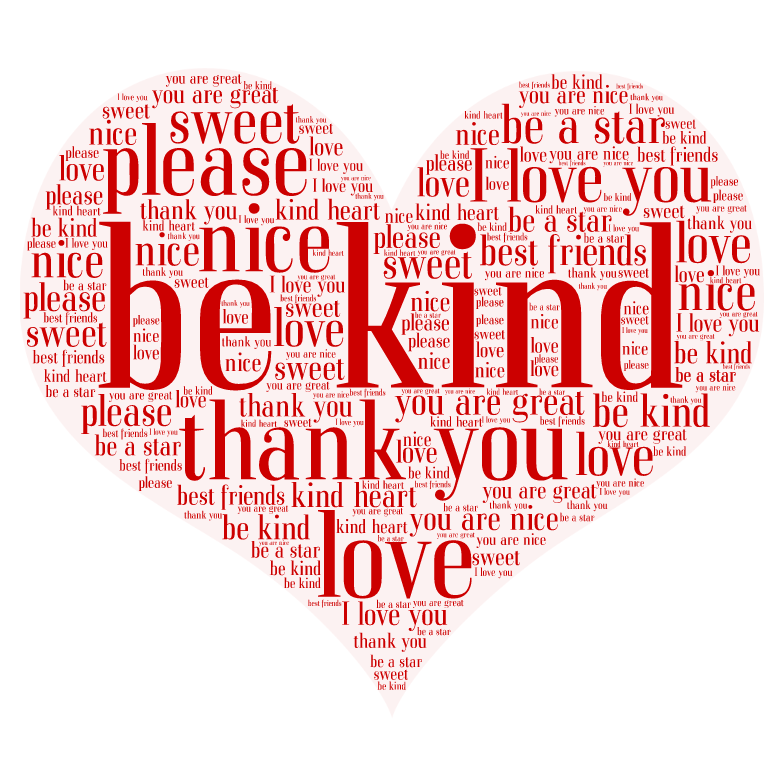
Some mental health benefits include:
- reduced stress
- boosted happiness
- decreased loneliness
- higher life satisfaction
- lower likelihood of depression
- elevated self-confidence
- improved problem-solving abilities
But while friendship can be good for you, not all friendships last forever.
“Friendships have seasons — where they serve a purpose during a certain point in your life, but it may appropriately run its course,” explains Kuehnle. “This may be friends you make while your kiddo is in preschool, for example, but as the kids age out of playdates, you realize you don’t have much in common.”
Keep in mind that as you experience life changes, it’s okay if your friendships change too.
Friendships of all kinds can make this world we’re living in a little easier. Having friendships and feeling connected with others can have a significant positive impact on your life.
Take a look at the friendships in your life. How are they serving you? You may want to consider showing your closest friend more gratitude or calling up a friend you’ve been meaning to catch up with.
How are they serving you? You may want to consider showing your closest friend more gratitude or calling up a friend you’ve been meaning to catch up with.
If you’re craving connection, you might even consider putting yourself out there to build your circle.
Don’t feel bad if your circle of friends doesn’t add up to hundreds. It’s okay to go through life with a small number of friends. Just know that you don’t have to go it alone. After all, that’s what friends are for.
The 7 Types of Friends, and Which Is Most Essential for Our Happiness
There’s no doubt that social connections are important to our happiness. When you think of important friendships, which of your relationships spring to mind first? Your best friend from childhood whom you haven’t seen in years, but when you hear their name, it conjures up vivid memories of your shared exploits and a case of the warm fuzzies? Or your current “band of brothers” or “girl squad” who have your back, no matter what? Maybe it’s your super tight network of co-workers with whom you spend more than half your waking hours, five or six days a week? Or the neighbors that you hang with as you watch the kids play, the dogs romp, the coffee perk, or the grass grow? Maybe your BFF is also your forever partner, for better or worse?
All of these friendships are important. Data from a recent survey exploring friendship networks revealed that most of us, regardless of age, have cultivated a wide variety of social relationships. Here’s an overview of the specific friendship types that were explored:
Data from a recent survey exploring friendship networks revealed that most of us, regardless of age, have cultivated a wide variety of social relationships. Here’s an overview of the specific friendship types that were explored:
- Lifelong Friends
- Best Friends
- Close Friends
- Social Group Friends (friends you socialize with but with whom you are not particularly close)
- Activity Friends (friends with whom you engage in specific activities, such as “gym buddies,” members of your book club or dinner club, church circles, and so on)
- Friends of Convenience (the folks with whom you might share carpooling duties, youth sports team parents, neighborhood groups, and so on)
- Acquaintance Friends (people at work, people you see each day when you’re walking your dog, folks you know to speak to, but not about anything of consequence or especially personal)
Do You Need One of Each?
To thrive in an increasingly isolating world, it’s helpful to have connections with others that reflect varying degrees of closeness. In fact, regardless of age, having friends of all types was positively related to life satisfaction. Life satisfaction is a global measure of subjective well-being often used to assess happiness and quality of life. The connection between social engagement and longevity, psychological and physical health, and overall contentment has been the subject of much research. Not only are these variables important to happiness, but research also indicates that novelty affects life satisfaction, as well (Buchanan & Bardi, 2010). This finding underscores the value of having a variety of social interactions in the course of your week: This will invite opportunities to engage in different ways with different people, which brings novelty into your life. Regardless of where you are in your life, age-wise, stage-wise, or location-wise, it’s important to cultivate a multi-faceted network of friendships. This also invites diverse people into your life who can help you grow beyond your comfort zone and encourage you to learn about other perspectives and ways of looking at and living life.
In fact, regardless of age, having friends of all types was positively related to life satisfaction. Life satisfaction is a global measure of subjective well-being often used to assess happiness and quality of life. The connection between social engagement and longevity, psychological and physical health, and overall contentment has been the subject of much research. Not only are these variables important to happiness, but research also indicates that novelty affects life satisfaction, as well (Buchanan & Bardi, 2010). This finding underscores the value of having a variety of social interactions in the course of your week: This will invite opportunities to engage in different ways with different people, which brings novelty into your life. Regardless of where you are in your life, age-wise, stage-wise, or location-wise, it’s important to cultivate a multi-faceted network of friendships. This also invites diverse people into your life who can help you grow beyond your comfort zone and encourage you to learn about other perspectives and ways of looking at and living life.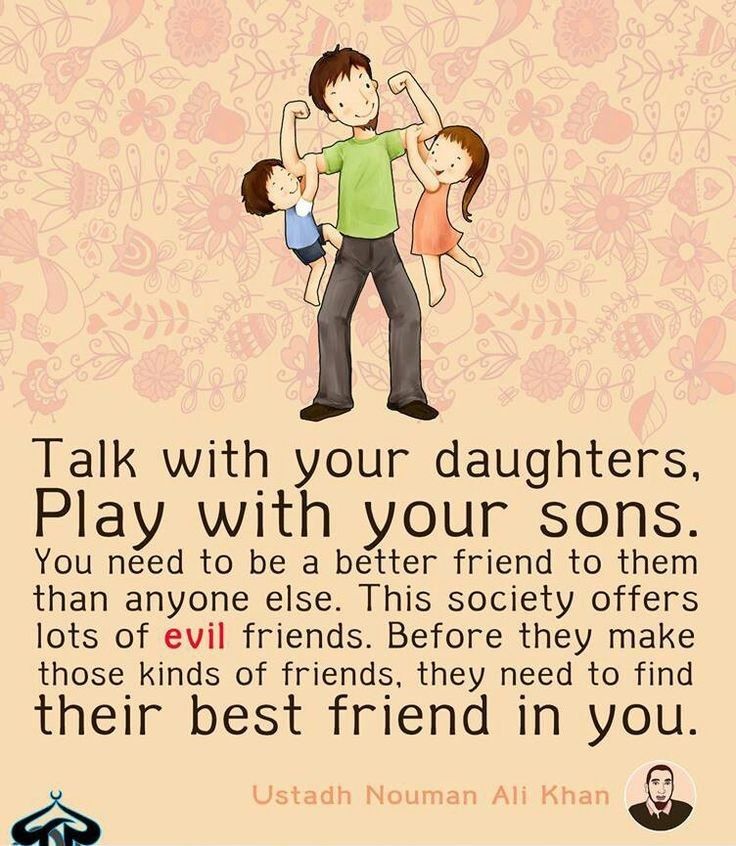
How Many Friends Do You Need?
The number of friends we tend to have among the different types isn’t really determined by our age, our relationship status, or whether or not we live alone. You’re never too old to create the friendships you need to help support your mental health and social well-being. About half of the people in the study felt that they had too few close friends, the other half felt they had plenty. And a couple felt they had too many.
Another finding is that each of us has highly individual needs related to how many friends we feel is the “right” number. If you don’t believe you have enough friends, how many do you think would be the “right” number to have? Among survey respondents who felt they currently had “too few” friends, the desired number varied greatly. Some people felt that having 2 or 3 close friends would be just right. Others felt that having 4 to 6 would be best. A few even believed 7 or more close friends would be the perfect number.
So, your next question might be, how many friends do people who feel they have “enough” close friends actually have? Well, of the group, 10% had just one close friend and found that to be enough.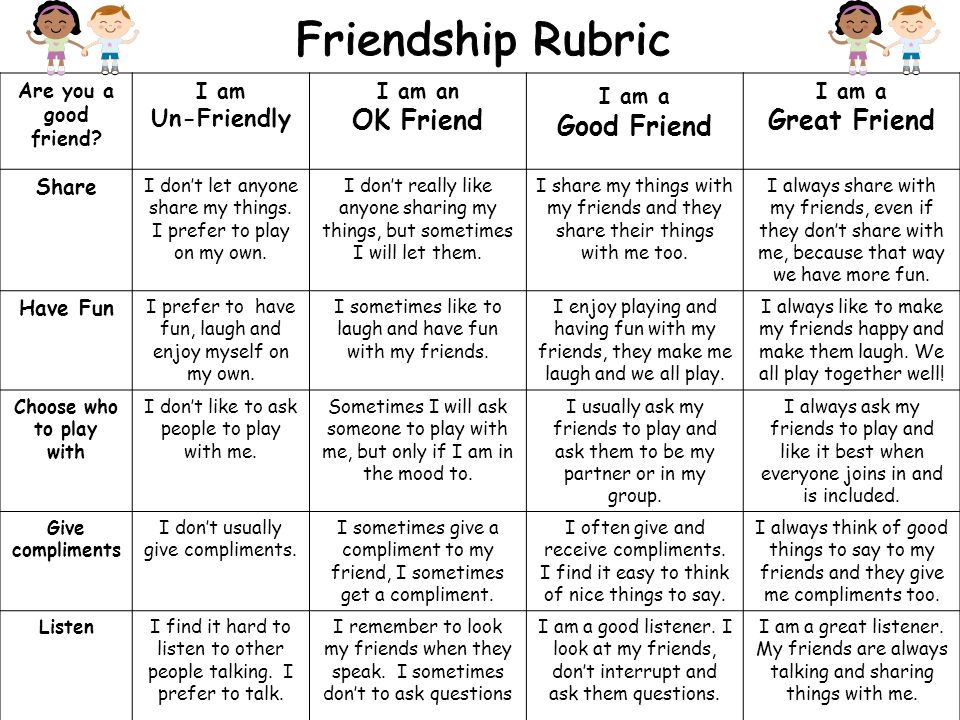 About half of this group had 2 or 3 close friends and were totally satisfied with that number. Another third of the group had 4 to 6 friends and the remaining participants—about 10% of the total—had 7 or more. While none of us need the same number of friends, we all need close friends for support.
About half of this group had 2 or 3 close friends and were totally satisfied with that number. Another third of the group had 4 to 6 friends and the remaining participants—about 10% of the total—had 7 or more. While none of us need the same number of friends, we all need close friends for support.
Which Friends are Most Essential for Our Happiness?
During the height of the pandemic when we were unable to gather together with the people we cared most about, the number of acquaintance friends in our networks was the strongest predictor of life satisfaction. Being isolated from others left us eager for social interaction, even if we were masked up and six-feet apart from the person who was dropping off our groceries and the other dog walkers in the park. Over the last 6-8 months, as guidelines and restrictions have loosened, the unexpectedly strong value of acquaintance friends has also lessened somewhat. The number of acquaintance friends we have is positively correlated with our level of life satisfaction, but the number of
lifelong friends, best friends and close friends we have are the strongest predictors of overall contentment with life.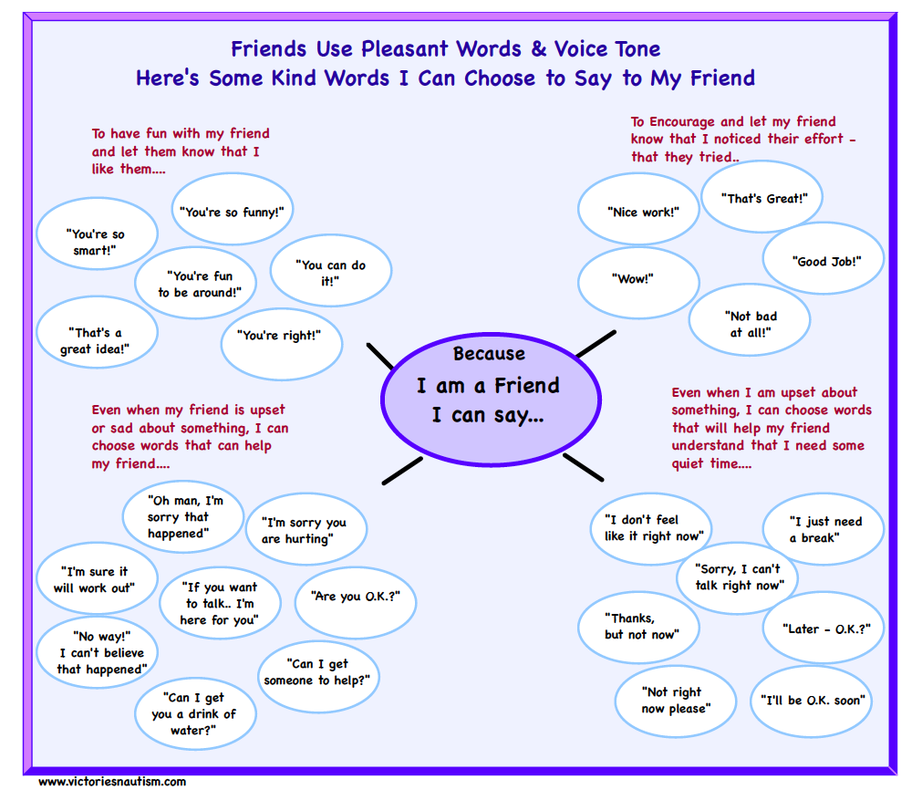
Does a Friendly Smile and Pleasant Word Change Your Life?
There’s value in weaving ourselves into a web of connection with others in our community. Everyone’s neighbor, Fred Rogers, always focused on the inherent value of each person in our neighborhood, no matter what role they played. These current findings fully support the benefits of being engaged with all of the folks who fill our lives in the course of a week. There is a lot to gain from the deep, intimate conversations you enjoy with your closest friends as well as from friendly greetings or brief chats you offer to your mailperson or Amazon driver, the dog walkers who pass your window, the cashier at the pharmacy, the folks who are always on the same train on your commute, and even the annoying kids who run across your lawn. Engaging with others and establishing a connection, no matter how seemingly inconsequential, can make a positive difference in your overall well-being. Smile more, engage more, and live a longer and happier life.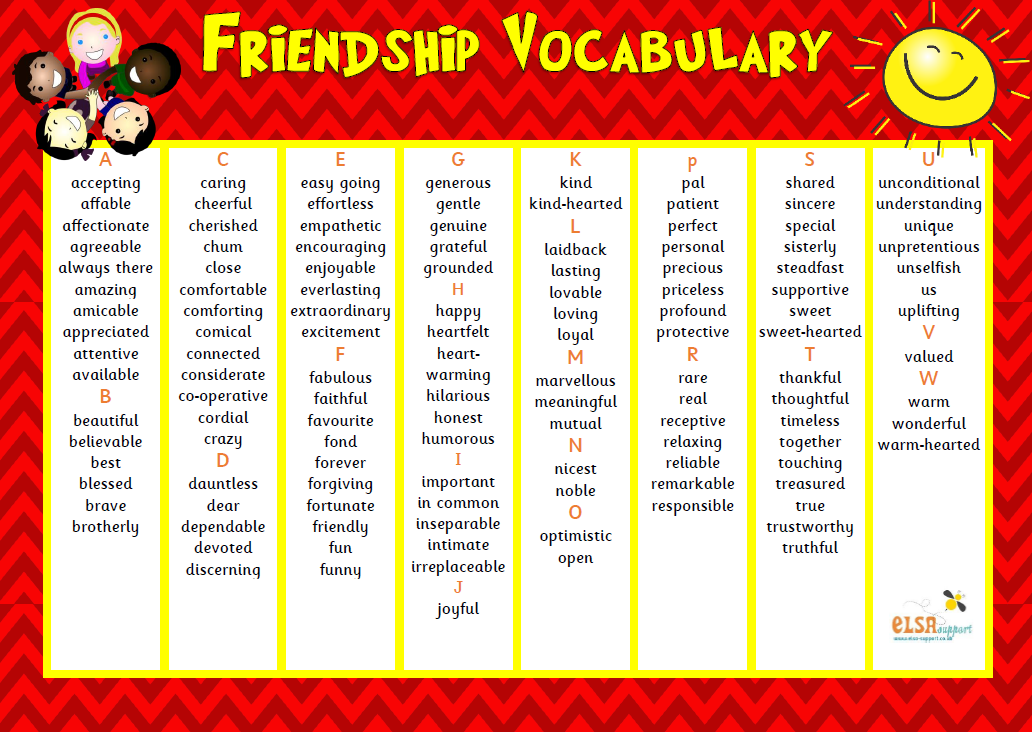
If you'd like to share your experiences with social relationships and friendships, please consider participating in this study: Social Relationships and the Pandemic
Facebook image: Jacob Lund/Shutterstock
Types of friendship
Spiritual friendship - mutual enrichment and complement each other. Each is delighted and fascinated by the superiority of the other. Thus, he gives his friend the opportunity to receive such a desired recognition: what could be more beautiful if you are appreciated and understood by the one for whom you recognize this right. The most amazing thing is that everyone feels completely different from the other and admires precisely those qualities that he himself does not have.
Creative friendship - both friends retain their pronounced individuality. Moreover, friendship helps to creatively complement the personality of each of the friends, to give a complete character to their individuality.
Everyday friendship can exist and develop only under the condition of immediate territorial proximity. Friends must live nearby, provide each other with services, ask for help, go to the movies together, or at least just chat about this and that. As a rule, such friendship is reinforced by some constant reason for meetings. It can be a normal neighborhood or a common job. Doctors, for example, are most often friends with doctors.
Friends must live nearby, provide each other with services, ask for help, go to the movies together, or at least just chat about this and that. As a rule, such friendship is reinforced by some constant reason for meetings. It can be a normal neighborhood or a common job. Doctors, for example, are most often friends with doctors.
Family friendship at first glance seems to be the complete opposite of creative friendship, but it is not. It is characteristic of the type of friendship we are considering that our friend, in essence, becomes a friend of the whole family. And if we are talking about a married couple who have children, we can clearly talk about friendship with families.
Kinds of friendship.
The concept of romantic friendship is extremely vague. It either denotes the friendship of the era of romanticism, including the period of "storm and onslaught" that preceded it, or it correlates with specific ideas about friendship that were in circulation in the circle of German romantic poets, or it is associated with the psychological type of "romantic personality".
If we ignore the psychological nuances, the romantic canon of friendship meant, firstly, a sharp increase in the requirements for its intimacy and expressiveness, and, secondly, the association of "true friendship" with that part of a person's life that falls on youth.
In erotic friendship there is no place for seduction and the desire to control the fate of another, to have power over him. Real erotic friendship is a disinterested, noble impulse aimed at improving yourself and helping another in this. Without petty calculations of all the pros and cons, without the desire to hold, command, influence, direct. A friend receives his friend with love and tries to please him. It doesn't matter if he was waiting for him, or if he came unexpectedly. A friend gives without asking for anything in return and receives without asking for anything. If erotica manages to master all this, and sometimes it succeeds, it can live next to friendship. Otherwise, it destroys it.
Communication
- 8 tips for smart phone use
- Aggression
- Conversation as a method of obtaining psychological information
- Types of communication
- Types of speech
- The emergence of friendship
- Lie detector invented by nature
- Friend
- Friendship
- ... and other
3 types of friendship according to Aristotle — What to read on vc.ru
\u0427\u0442\u043e \u0434\u0435\u043b\u0430\u0442\u044c \u0440\u0430\u0437\u0440\u0430\u0431\u043e\u0442\u0447\u0438\u043a\u0443 \u043d\u0430 \u0437\u0430 \u0432\u043e\u0434\u0435? ","buttonText":"\u0423\u0437\u043d\u0430\u0442\u044c","imageUuid":"6ac5a19e-df76-5b67-a8ea-a69df4167a4d","isPaidAndBannersEnabled": false}
It's no secret that over the years each of us has fewer and fewer friends and more and more just acquaintances.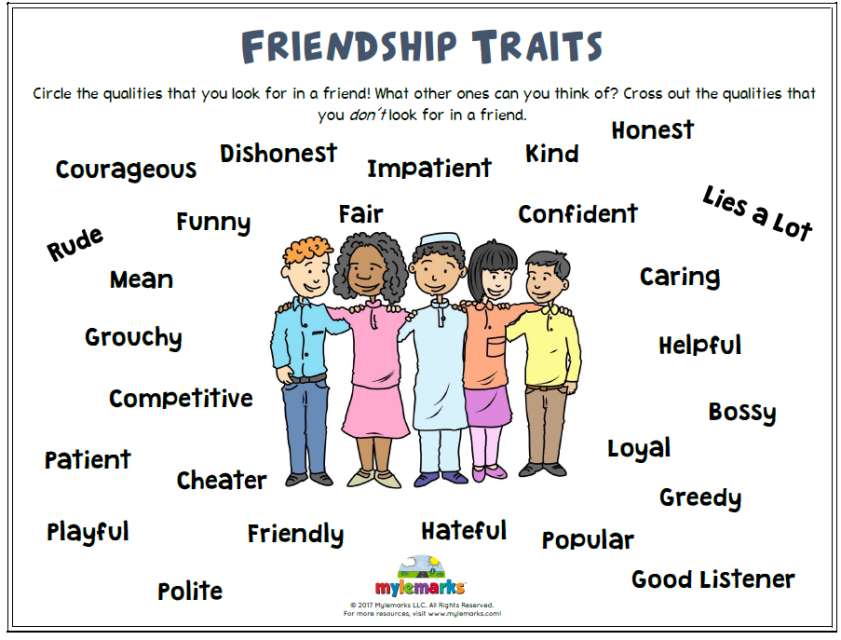
We all abstract in work, family, and cease to maintain multiple friendships. And the very concept of "friendship" is greatly devalued.
Today I want to share very important thoughts about who is a "true friend", based on the concept of Aristotle.
Take the material from the Simple Thoughts channel.
2014 views
According to Aristotle, there are 3 types of friendship:
First. Mutually beneficial friendship.
Such friendship is based on temporary gain (work, business, etc.). Friendship is not about the individual, but about what a person can give.
Such a friend is loved not for himself, but for the benefit he brings. And let the relationship be the warmest, and the personality interesting, as soon as the benefits end, the friendship will end.
Second kind of friendship, based on pleasure .
People enjoy spending time together.
Such friendship is based on emotions, sensations.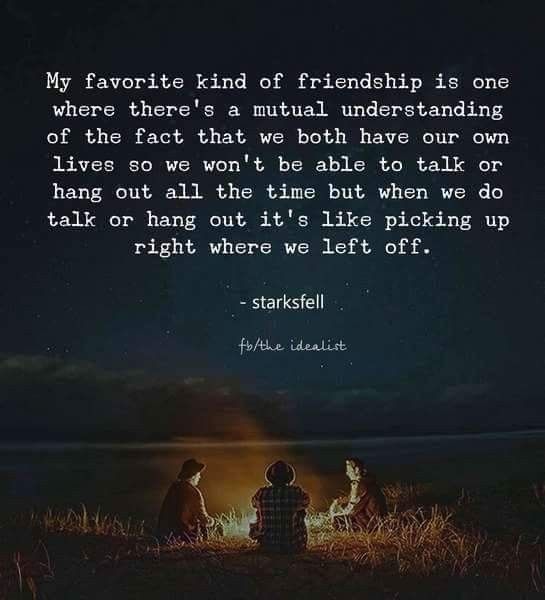 It is windy and also not directed at the essence of the person himself.
It is windy and also not directed at the essence of the person himself.
In fact, it doesn't matter what kind of person it is, what matters is that it's nice to be with him.
And only the third kind of friendship according to Aristotle is - true friendship or virtuous friendship, it is based on the qualities of a person.
First of all, we ask ourselves if this person is worthy. Does she strive for goodness and truth. Does she have principles, a position, or is she just going with the flow.
We don't care about profit, or how good we are together, we care about human ethical nature. We are friends because of his qualities of courage, honesty, wisdom, striving for truth and kindness, etc.
Accordingly, according to Aristotle, a true friend can only be a person for whom kindness and striving for meaning, for development is a conscious choice and not circumstances or temporary need.
From this it follows that true friendship is possible only with a well-formed personality, which, through pain and conscious choice, hardened its inner core and chose the path.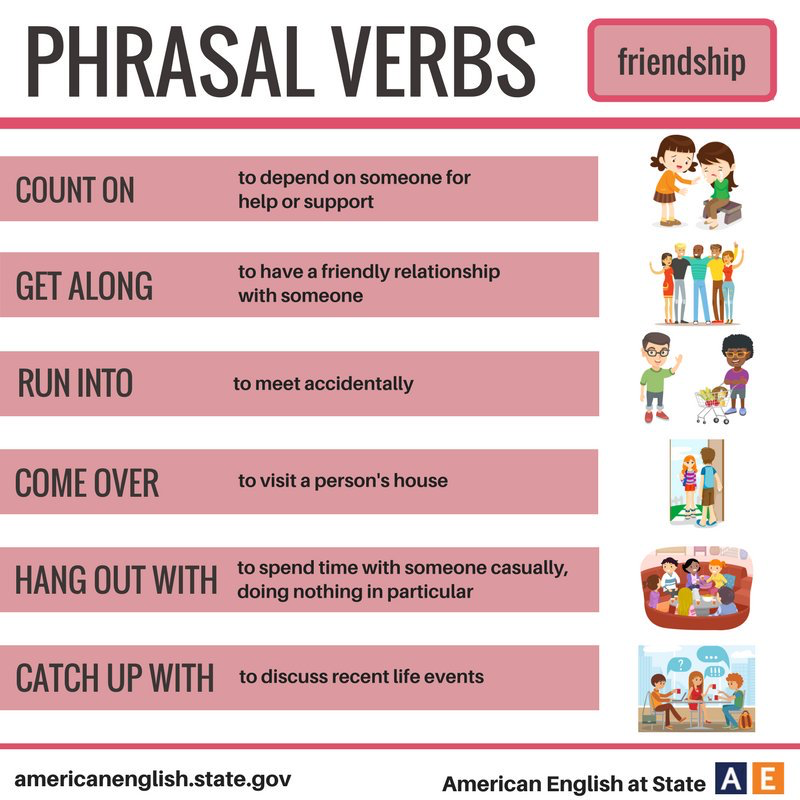 A person who goes his own way, and does not go with the flow.
A person who goes his own way, and does not go with the flow.
But you can see this inner rod in another only if you yourself have it.
Before you find a true friend, you should understand what you yourself are striving for, whether you are looking for virtue. To do this, you need to look into yourself.
In other words, before you understand who your friend is, you yourself need to become a worthy person who has a goal, principles, a path.
It doesn't matter if you're fun or not, what benefits you bring, what matters is what you are essentially.
Since the goal of friendship is not fun, but a joint movement towards perfection. And personal growth, change and the development of virtue are most often difficult and unpleasant.
Therefore, the main indicator that your friendship is true is that you are getting better.
A friend by his very existence pushes you to development. For ideals, morality, aspirations, principles, example are contagious.
Situational friendship of the first two types cannot satisfy a person who seeks real contact with another.